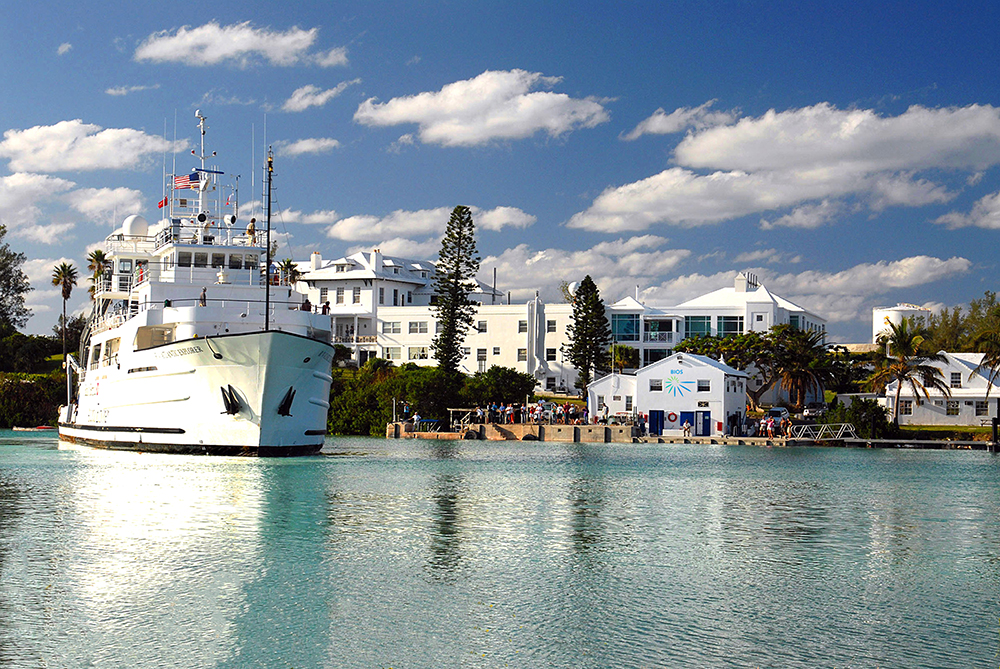Posts Tagged ‘Journal’
Research Amplifies Coral Worries
Source: The Royal Gazette
Dispersants help clean up oil spills, but are they hazardous to marine life? BIOS Postdoctoral Researcher Dr. Gretchen Goodbody-Gringley explains how oil and chemical dispersant impact coral larvae in the wake of the 2010 Deepwater Horizon oil spill
North Atlantic Ocean Absorbing Less CO2 Than Originally Thought
For many years scientists have operated on the belief—backed by extensive calculations and climate models—that the global ocean absorbs approximately 30% of the atmospheric carbon dioxide (CO2) produced by human activities. However, in a recent paper published in the journal Biogeosciences, Dr. Nicholas Bates, Senior Scientist and Associate Director of Research at BIOS, discovered this might not always be true
Read MoreHurricane Wind Speed Can Predict Economic Losses
Using more than a century of data, Rick Murnane, Risk Prediction Institute (RPI) Project Manager and Senior Research Scientist at BIOS, and his co-author uncovered a simple—but surprisingly robust—method of estimating losses
Read MoreFirst Publication from SCOR Working Group, Chaired by BIOS Faculty
The June 2012 issue of Eos featured the first report of the newly formed Scientific Committee on Oceanic Research (SCOR) Working Group (WG) 139. The group, chaired by BIOS scientist Dr. Kristen Buck, represents a unique interdisciplinary collaboration of trace metal biogeochemists, organic geochemists, and biogeochemical modelers
Read MoreWhat Can Sea Urchins Tell Us About Aging?
In the first study of its kind to look at age-related changes in gene expression in an organism with an alternative life history, Drs. Jeanette Loram and Andrea Bodnar looked at gene expression profiles in tissues of the purple sea urchin
Read MoreUnprecedented, Man-made Trends in Ocean’s Acidity
A team of international researchers has concluded that human-caused CO2 has increased ocean acidity far beyond their natural levels. The research was published online recently in the prominent science journal Nature
Read More





